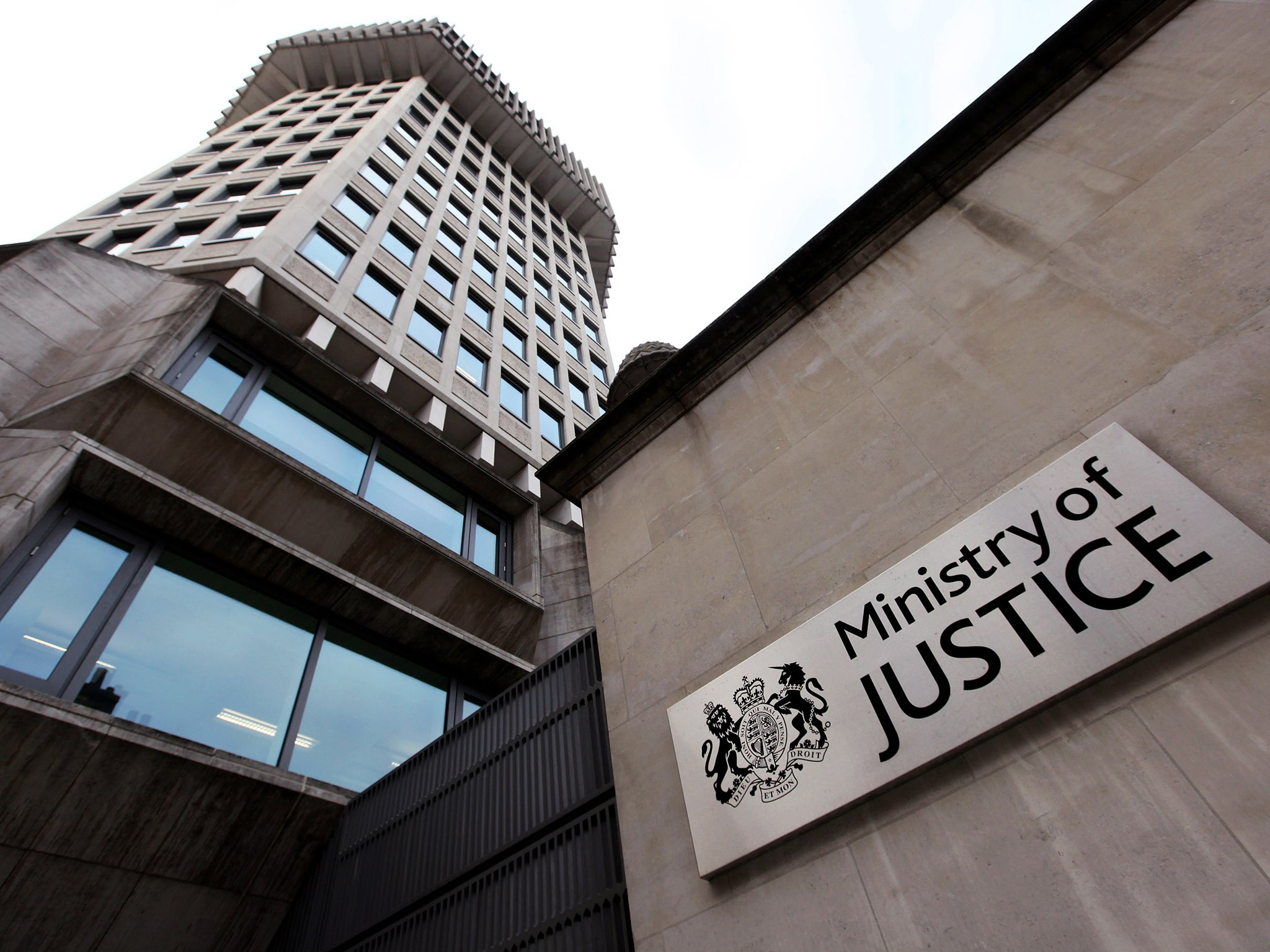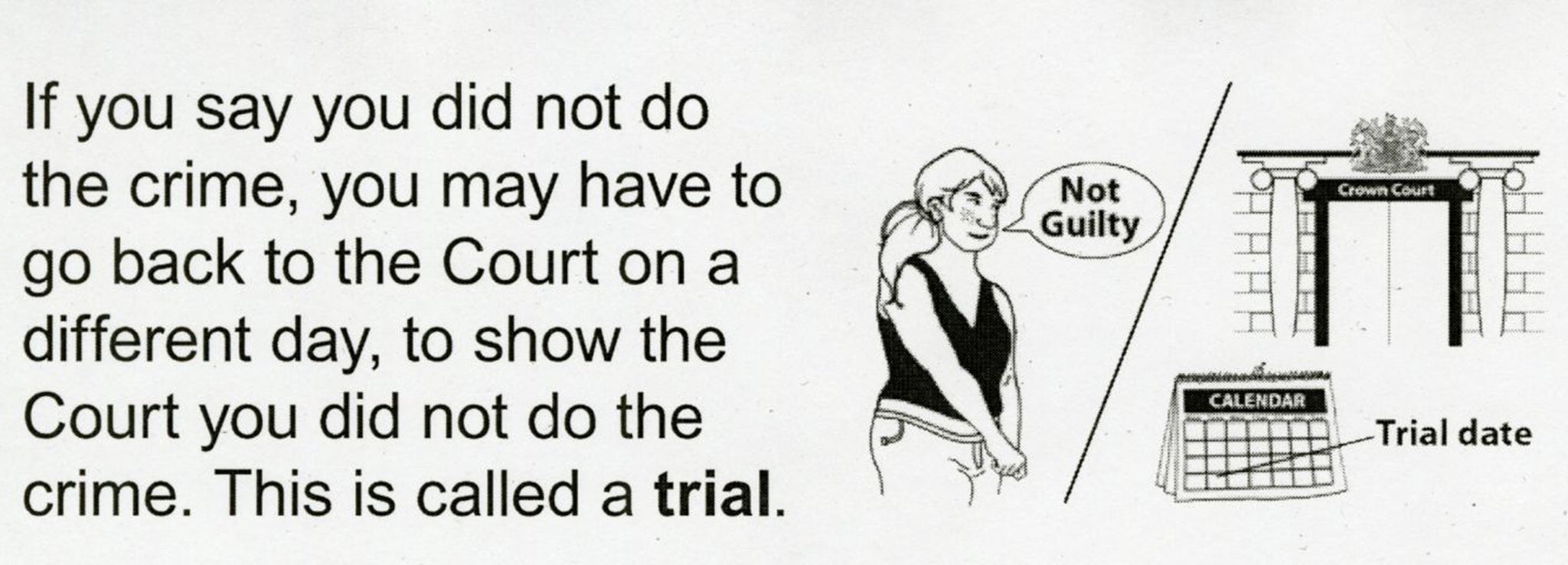Ministry of Justice gets law 'terribly wrong' in its guide to courts
The now withdrawn document stated that defendants had to prove their innocence when accused of a crime

The Ministry of Justice withdrew a document designed to help people with learning difficulties involved with the criminal justice system after it stated that defendants had to prove their innocence when accused of a crime. It is a basic tenet of British law that the accused are innocent until proven guilty, and the burden of proof is on the prosecution.
The guide uses illustrations and text to help people understand the court process. It states: “If you say you did not do a crime, you may have to go back to the Court on a different day, to show the Court you did not do the crime. This is called a trial.”
The guide is also aimed at people who are not fluent in English.
Mukul Chawla QC, who initially highlighted the error on Twitter, said: “While I’m delighted that anyone wants to produce easy reads to difficult subjects including going to court, the basic principle has to be that they get the law right. They’ve got it so terribly wrong here... It’s the most fundamental thing that the burden of proof will always be on the prosecution and if you’re producing an easy-read guide to these proceedings, the last thing you want to do is misrepresent something as basic as that.”

A Ministry of Justice spokesperson last night said: “Easy-read guides are an important way of providing information to people in simple and straightforward language. It is crucial to ensure these documents are precise and as helpful as possible. We are reviewing this guide and have removed it from our website while this process takes place.”
Join our commenting forum
Join thought-provoking conversations, follow other Independent readers and see their replies
Comments
Bookmark popover
Removed from bookmarks